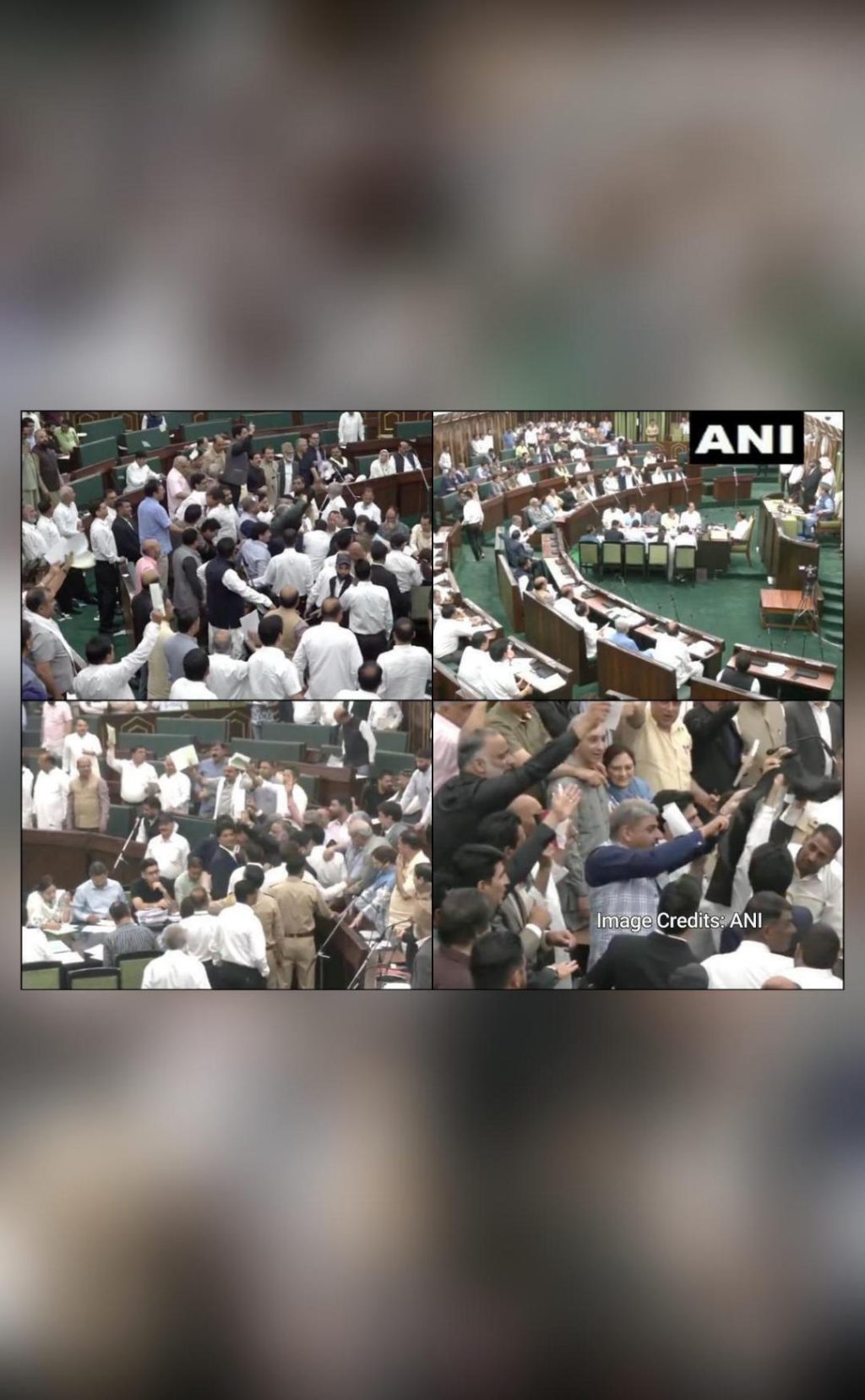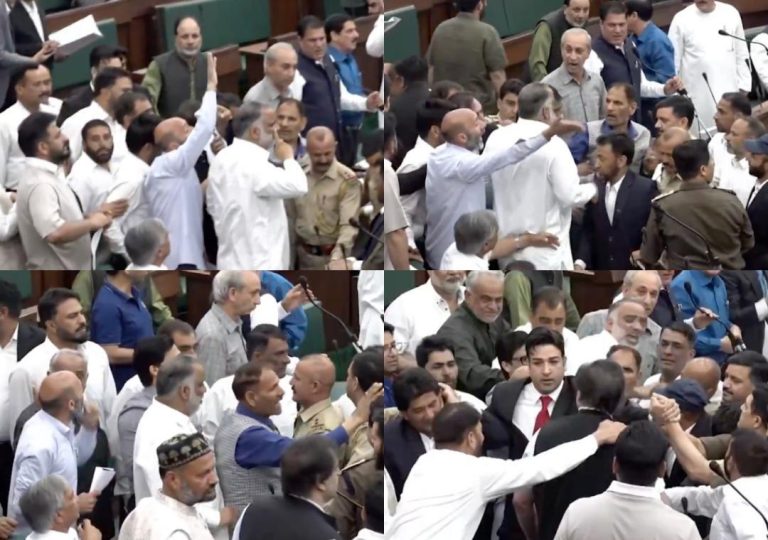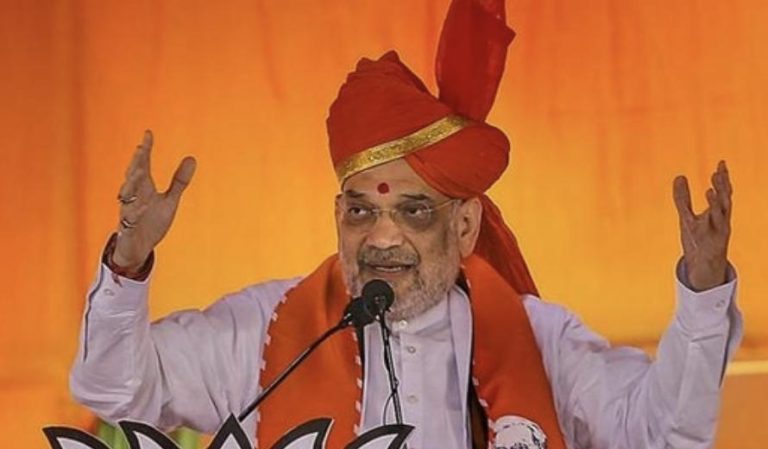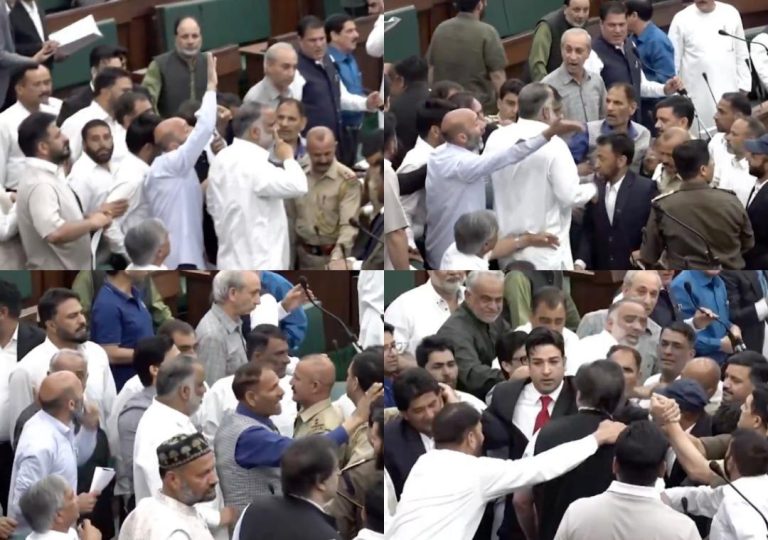
Jammu & Kashmir Assembly adjourned amid uproar over Waqf Act
The Jammu and Kashmir Assembly witnessed a dramatic scene on Monday as it was adjourned after Speaker Abdul Rahim Rather denied an adjournment motion on the Waqf Act, triggering a massive uproar. The House was adjourned for the day after National Conference (NC) MLAs moved a motion to adjourn the Question Hour to discuss the Waqf Act, which sparked intense debate and protests from the Bharatiya Janata Party (BJP) as well.
The controversy surrounding the Waqf Act, which regulates the management and administration of Waqf properties in Jammu and Kashmir, has been simmering for some time. The NC had been demanding a review of the Act, citing concerns over the manner in which it was being implemented. The party had also accused the government of trying to undermine the autonomy of the Waqf Board, which is responsible for managing the properties.
On Monday, NC MLAs moved a motion to adjourn the Question Hour to discuss the Waqf Act, claiming that the government had failed to address their concerns despite repeated demands. However, the Speaker denied the motion, leading to widespread protests and chaos in the Assembly.
The BJP, which has been a vocal supporter of the Waqf Act, also joined the protests, demanding that the Question Hour be held as scheduled. The party claimed that the NC was trying to stall the proceedings of the House and that the Waqf Act was a vital piece of legislation that needed to be implemented.
The tense atmosphere in the Assembly was further exacerbated by the presence of senior officials from the Waqf Board, who were in the House to brief the members on the implementation of the Act. The officials were forced to leave the House after being heckled and shouted at by the protesting MLAs.
The adjournment of the Assembly has once again highlighted the deep divisions within the House, with the NC and the BJP locked in a bitter standoff over the Waqf Act. The controversy has also raised concerns over the ability of the government to manage the sensitive issue of Waqf properties, which are of immense importance to the people of Jammu and Kashmir.
The Waqf Act was passed by the Jammu and Kashmir Assembly in 2013, with the aim of regulating the management and administration of Waqf properties in the state. However, the Act has been criticized for being overly broad and giving too much power to the government to intervene in the affairs of the Waqf Board.
The controversy surrounding the Waqf Act has been fueled by allegations of corruption and mismanagement within the Waqf Board. The Board has been accused of misusing its powers and funds, leading to a decline in the maintenance and upkeep of Waqf properties.
The NC has been demanding a review of the Waqf Act, claiming that it has been used to undermine the autonomy of the Waqf Board and to facilitate corruption. The party has also accused the government of trying to appoint its own officials to key positions within the Waqf Board, which would give it complete control over the administration of Waqf properties.
The BJP, on the other hand, has been supporting the Waqf Act, claiming that it is a vital piece of legislation that is necessary to ensure the proper management and administration of Waqf properties. The party has also accused the NC of trying to stall the implementation of the Act, which would benefit the people of Jammu and Kashmir.
The controversy surrounding the Waqf Act has far-reaching implications for the people of Jammu and Kashmir, who rely heavily on Waqf properties for their livelihood. The properties, which include mosques, madrasas, and other religious institutions, are managed and administered by the Waqf Board, which is responsible for ensuring their maintenance and upkeep.
In conclusion, the adjournment of the Jammu and Kashmir Assembly amid uproar over the Waqf Act has once again highlighted the deep divisions within the House. The controversy surrounding the Act has raised concerns over the ability of the government to manage the sensitive issue of Waqf properties, which are of immense importance to the people of Jammu and Kashmir. It remains to be seen how the government will address the concerns of the NC and the people of Jammu and Kashmir, and whether it will be able to find a solution to the impasse.






